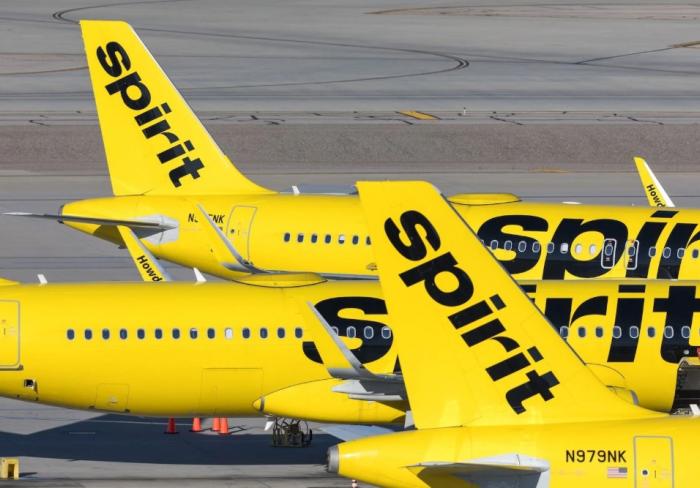Several entrepreneurial associations in the Dominican Republic pointed to the good numbers posted by the local leisure industry and money remittances through most of this now waning year, amid skyrocketing inflation and a weaker national currency stacked up against the dollar.
Investing Portuguese companies helped create 100,000 new jobs in Brazil since 1996, Lisbon-based Foreign Trade and Tourism Committee reportedly informed.
Portugal Telecom (PT) and the Banco Privado Portugues (BPP) are high on the list of top job generators in the South American nation, the report states.
PT is holding half the stocks of risk-shared partnership BrasilCel that recently bought Brazil’s mobile phone company Tele Centro Oeste. PT’s partner in this joint venture is Spanish Telefonica Moviles.
Iberia’s gross benefits for the first three quarters of the year plummeted a staggering 36.6 percent from 175.15 million euros in 2002 to little more than 111 million euros this time around, sources close to the airline’s front office informed.
The same sources cited a number of factors that have pushed the company’s benefits down. For them, the premiere cause is the emergence of a brawnier European currency compared to the dollar, especially when roughly 18 percent of all plain ticket revenues are collected in greenbacks.
The residents of Costa Rica’s Caribe Sur made it clear they won’t accept a change in their area’s development if that implies the building of high-rise hotels.
Up to now, lodging projects have stuck to the original idea of not exceeding 20 rooms each. Now residents claim the area’s attractiveness could be in jeopardy if the draft plan for making two-story, 50-room establishments finally gets the green light from the Costa Rican Tourism Institute.
The Cuban government expects economic growth to exceed its 1.5 percent target for 2003, helped by high nickel prices, recovering tourism and good weather, Economy Minister Jose Luis Rodriguez said on Monday. "Growth will be higher this year, thanks to higher performance in some areas, such as agriculture, and a favorable international environment," the minister said.
The Peruvian government authorized the municipality of Machu Picchu to grab 10 percent of what tourists pay for visiting the Inca village, an old claim that Mayor Oscar Valencia had voiced time and again in the past.
President Alejandro Toledo signed into law a bill that meets Mayor Valencia’s claims. Mr. Valencia had warned the whole issue could have turned out to be a bomb on the floor if his municipality wouldn’t have gotten a piece of the earnings.










